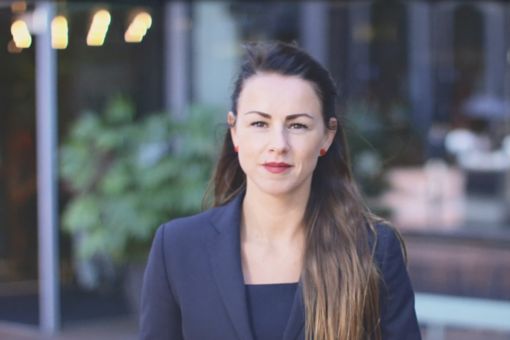Is it possible for a company to operate entirely under the control of artificial intelligence (AI), without any human involvement? KPMG and the University of Amsterdam (UvA) are investigating this question through the so-called zero-person company experiment. A business entirely operated by AI agents: digital assistants that independently devise tasks, make decisions, and execute actions. The goal is to understand which processes AI can take over and where human expertise remains essential.
Scientific experiment
The experiment is more than a showcase. It is a scientific study into governance, liability, and ethics. “We are testing the boundaries of what an autonomous team of AI agents can and cannot do. And in doing so, identifying where humans continue to play a critical role,” says Sander Klous, Professor of AI & Audit at UvA and Partner at KPMG. Together with entrepreneur Nart Wielaard, Klous launched the project. “We are also learning how AI agents can be deployed across sectors such as accountancy, government, and facility services. This knowledge helps organizations prepare for a future where humans and AI work side by side.”
AI-agents
The agents had to decide what kind of company to start. They chose to launch an operational webshop for personalized AI art. The CEO, an agent named Avery Jameson, made this decision in consultation with a human supervisory board that monitors and coaches the agents. “The start was promising: a team of five AI agents got to work, created business plans, and could operate 24/7 without breaks. AI agents can do things humans cannot,” says Wielaard. “For example, they can attend multiple meetings simultaneously with a level of detail that the human brain cannot handle.”
Hallucinations
However, the plan had to be revised because the limitations of AI agents soon became apparent. Klous explains: “If you let AI agents perform human roles one-to-one, such as a CFO, they tend to drift off and hallucinate. Sometimes they completely ignore their instructions or suddenly stop working. That is not a foundation for building a solid organization.” So the researchers at UvA developed a new approach: they mapped work processes in detail and assigned agents to small tasks within those processes. “We now work with an ‘army of disposable agents’ instead of five agents in executive roles. This concept works much better for executing complete processes consistently,” says Klous.
Ethical frameworks
The rise of autonomous AI agents affects not only technology but also employment, legislation, and trust in organizations. “The work of many people will change significantly. We are moving from business processes carried out by humans and supported by AI, to AI-driven processes where humans play a supporting role and enhance AI performance. This research shows that we need to anticipate this shift and define the necessary ethical and legal frameworks now,” Klous emphasizes.





